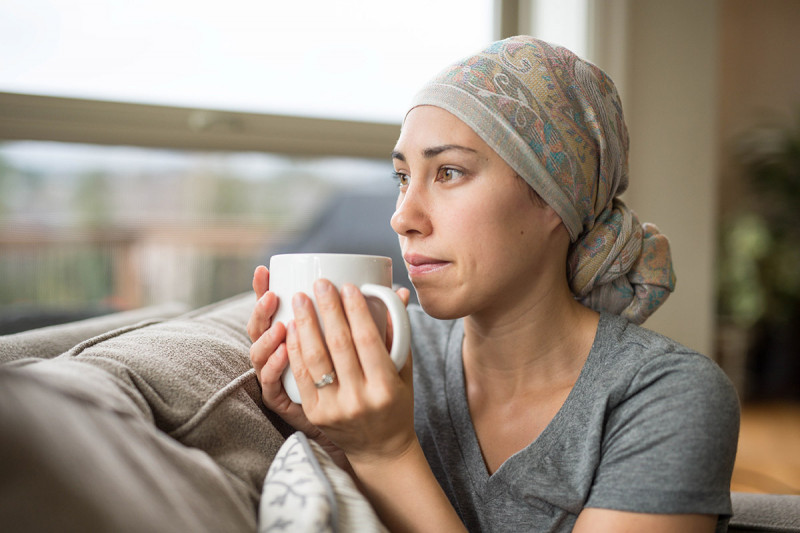
The American Society of Clinical Oncology (ASCO) is releasing new guidelines on the use of medications to prevent nausea and vomiting in people undergoing cancer treatment. ASCO updated its guidelines to provide evidence-based information on the latest drugs.
We spoke to Memorial Sloan Kettering thoracic oncologist Mark Kris, a co-chair of the expert panel that shaped the guidelines, about why they are important and what patients should know.
Why do certain cancer treatments cause nausea and vomiting?
We don’t know exactly how chemotherapy and radiation therapy contribute to these side effects. We do know they produce changes in the brain that activate certain neural pathways that lead to nausea and vomiting. We need to prevent the activation of these nerves or block their signals to turn off the side effects.
Are nausea and vomiting major concerns for cancer patients?
Absolutely. If you ask a person with cancer which side effects of treatment he or she fears the most, nausea, vomiting, and hair loss top the list of concerns.
What’s new for the treatment of nausea and vomiting?
Number one is the addition of a drug called olanzapine. This is the first time in more than a decade that we’ve been able to add another drug to our toolkit that’s safe and effective in relieving nausea caused by cancer treatment. In addition, this drug is inexpensive, has already been extensively researched, and is readily available all over the world.
Another recommendation is that adults who are being treated with carboplatin chemotherapy or high-dose chemotherapy and children who are at high risk for nausea and vomiting should have another drug added to their standard regimen — drugs in the class called NK1 receptor agonists. These drugs block one of the critical neural pathways we talked about earlier.
Do antinausea drugs have any side effects that people need to be concerned about?
No, and that’s the most amazing thing. These medicines have very few side effects, and there is almost never a situation in which the side effects are so severe that people can’t receive the drugs.
Many people wonder about using marijuana to treat these symptoms. What do we know about its effects and potential benefits?
Two cannabinoid drugs, dronabinol and nabilone, are approved by the US Food and Drug Administration to treat nausea and vomiting. The new guidelines recommend using those medications to treat nausea and vomiting that persist despite taking other drugs.
Members of the ASCO panel found that there was not enough information to recommend other forms of marijuana for either the prevention or treatment of nausea. And for people who have lung cancers — like the patients I treat — inhaled marijuana is not a good option for sick lungs.
Should patients change their diet to reduce their risk of nausea?
The good news is, these drugs work so well for most people that other measures are usually not needed. There’s no reason for people to restrict their diets.
Are there any other take-home messages for MSK patients?
For people who are concerned about these side effects, they should be comforted that effective treatments are available.
These medicines work by preventing the problem, which entails taking them before symptoms happen. That’s not intuitive to a lot of people, but it’s crucial to understand.
It’s also vital for patients to know that they should continue to take these medicines for the full number of days they are prescribed, and not discontinue them because they’re feeling OK. If you stop taking them early, the symptoms can still arise, even three or four days after receiving chemotherapy or radiation.
It’s important to recognize the role of our nurses and pharmacists in this process: Pharmacists make sure the drugs are available, and nurses educate patients and their families in the importance of taking them. Those things really make a difference.
At MSK, it is in our culture that patients should get the best preventive medicine for nausea and vomiting. We have embraced this philosophy for almost two decades. The vast majority of patients receiving chemotherapy and radiation at MSK — more than 90% — have no vomiting and nearly all have their symptoms lessened.







